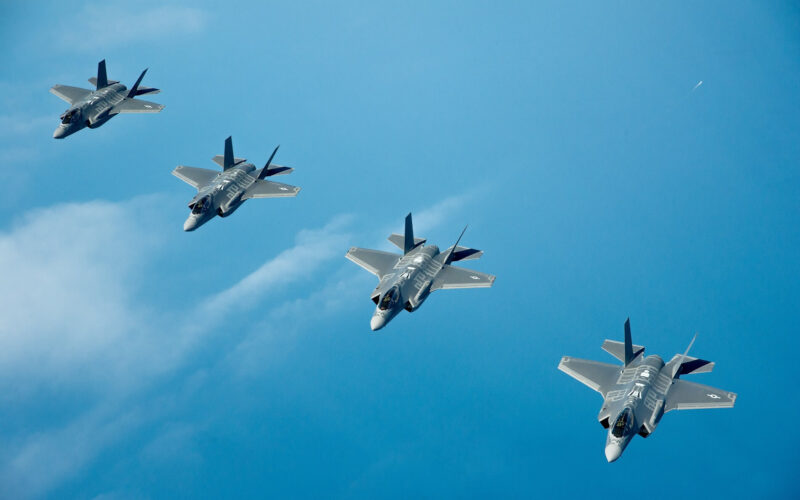The administration of newly-elected United States President Joe Biden suspended the sale process of F-35 fifth-generation fighter jets to the United Arab Emirates, while the contract is being reviewed to ensure it meets the “strategic objectives” of the US.
In September 2020, the Emirati government sent the Trump administration an official demand to acquire a number of F-35A stealth fighters. The sale of 50 fighters, as well as 18 MQ-9B SeaGuardian drones, was approved by the U.S. Defense Security Cooperation Agency (DSCA) in early November 2020. A deal between the United Arab Emirates and the United States was eventually signed hours before Joe Biden was inaugurated as President on January 21, 2021.
But several voices elevated themselves against the sale, including US lawmakers and Israeli Prime Minister Benjamin Netanyahu. They fear that the country would lose its advantage over its potential adversaries, with Israel being currently the only F-35 operator in the Middle East. Since 2008, any proposed U.S. arms sale in the region must include a notification to Congress with a determination that the contract would not affect Israel’s “Qualitative Military Edge.”
When the sale was announced, Secretary of State Antony Blinken promised the Biden administration would have to “take a hard look” at the F-35 sale. It appears the promise is now kept, as on January 27, 2021, the State Department announced it was “temporarily pausing the implementation of some pending U.S. defense transfers and sales under Foreign Military Sales and Direct Commercial Sales to allow incoming leadership an opportunity to review.”
In addition to the Emirati F-35 and drone sale, another contract with Saudi Arabia concerning precision munitions was also put on hold. Both sales were part of Trump’s attempt at normalizing relations between the two Gulf countries and Israel.
The position of Israel is not the only issue here. Since 2015, both Saudi Arabia and UAE are involved in a coalition in Yemen that aims at countering Iran-backed Houthi rebels, which Trump’s administration categorized as a terrorist group. After years of being a close ally of the Saudi leadership, the stance of the United States could now change. “The president-elect has made clear that we will end our support for the military campaign led by Saudi Arabia in Yemen, and I think we will work on that in very short order,” Blinken announced on January 19, 2021.

